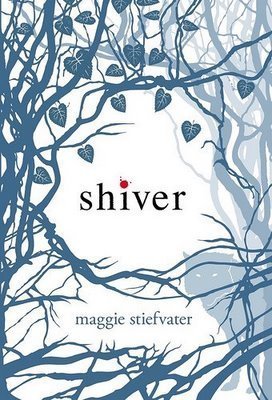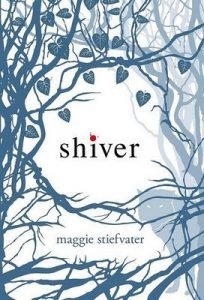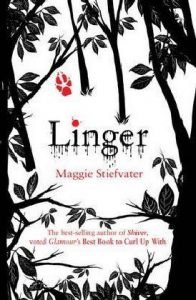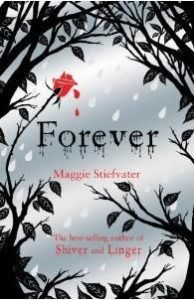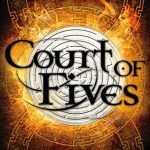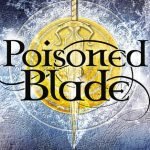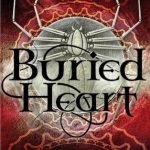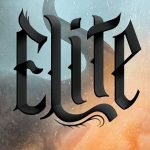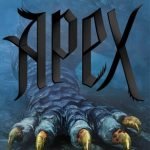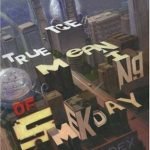Synopsis
Lady Selene is the heir to the Great House of Ravenwood and the secret family gift of dreamwalking. As a dreamwalker, she can enter a person’s dreams and manipulate their greatest fears or desires. For the last hundred years, the Ravenwood women have used their gift of dreaming for hire to gather information or to assassinate.
As she discovers her family’s dark secret, Selene is torn between upholding her family’s legacy–a legacy that supports her people–or seeking the true reason behind her family’s gift.
Her dilemma comes to a head when she is tasked with assassinating the one man who can bring peace to the nations, but who will also bring about the downfall of her own house.
One path holds glory and power, and will solidify her position as Lady of Ravenwood. The other path holds shame and execution. Which will she choose? And is she willing to pay the price for the path chosen?
Pros
- I love the idea that there are seven kingdoms, each with its own secret power. The world’s history interacts with the kingdoms’ special abilities to create political maneuverings that added richness to the story.
- Selene is a great character. She has so much internal conflict around becoming who she is meant to be. At times dark, the overall book is uplifting.
- There’s a scene in chapter 14 that really spoke to me. Damien is practicing his special abilities (gift) to commune with the Light (the world’s deity). Reading this scene reminded me to use my own gifts for my Creator. How easy it is to forget that the abilities we have are God-given and to be used for his glory. The great thing about Christian fiction is that it can inspire you to be better, and that’s one thing this book has done for me.
- That doesn’t mean that Mark of the Raven is a preachy book. Quite the opposite. Morgan Busse has created a world of dark and light, where gifts can be used as they were meant to be or twisted for selfish reasons, just like our world today. It shows us that good people can do bad things for what seems to be the right reason, and sometimes it’s hard to find the right path.
- And the ending! I can’t wait for book 2. Bring it on. Now! .
Cons
- The story gets a little dark in places. It’s necessary for the story, though, and compelling.
Final Word
Discussion Questions
-
Each kingdom had its own special gift. If you could choose one, which would you have, and why?
-
Selene had to choose between living up to her mother’s expectations and following her heart. Have you ever experienced a time when what you wanted was different than what your parents wanted for you? What did you do?
-
Selene did things she didn’t want to in order to protect her sisters from having to do them. Was she right in sacrificing herself in order to protect her sisters, or should she have refused to compromise herself in order to protect them?



